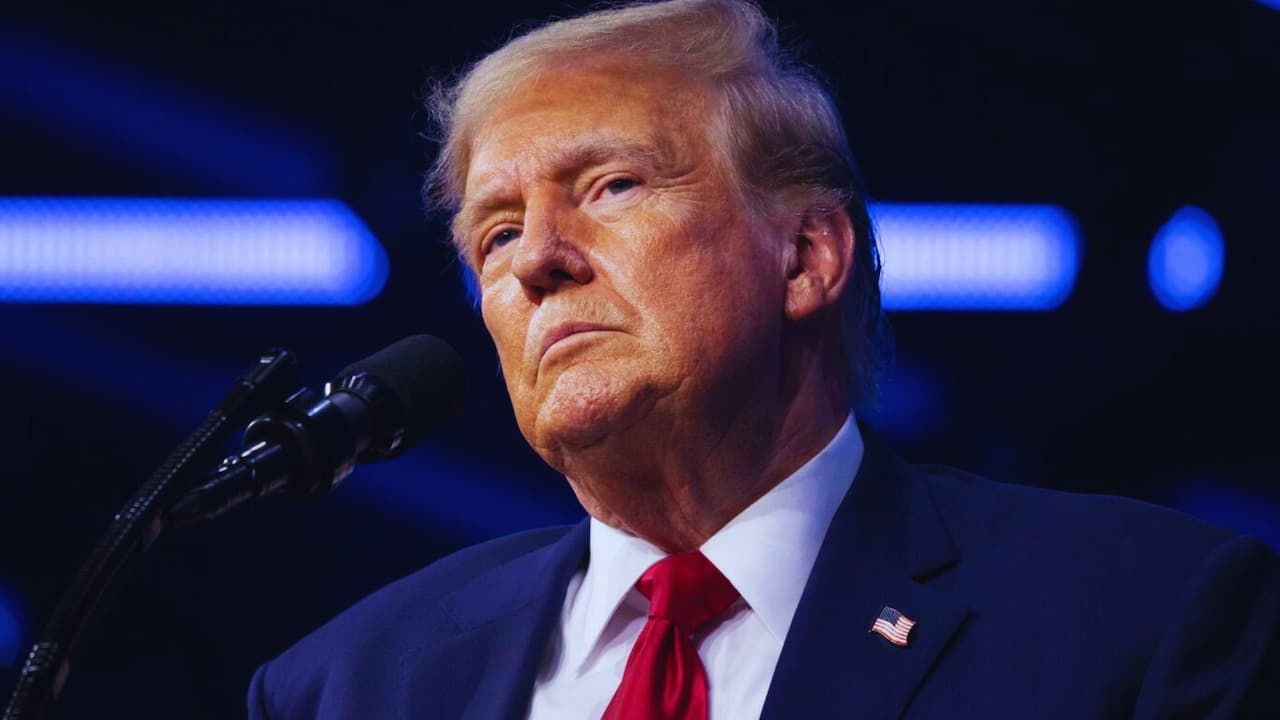Trump’s Strategic Move: Recess Appointments and Senate Leadership Dynamics
Key Developments
Donald Trump has made a significant political move by demanding that Republican senators vying for the Senate majority leader position support recess appointments for his nominees. This development comes as three candidates compete to replace Mitch McConnell in a secret ballot election.
The Leadership Race
- Front-runners:
- Rick Scott (Florida)
- John Thune (South Dakota)
- John Cornyn (Texas)
Scott has emerged as a notable contender, garnering support from prominent MAGA-aligned figures including Elon Musk, Tucker Carlson, and Vivek Ramaswamy. While considered an underdog, Scott has secured endorsements from Senators Rand Paul, Bill Hagerty, and Marco Rubio.
The Recess Appointments Strategy
Trump’s demand for recess appointments represents a calculated attempt to bypass potential Democratic opposition to his nominees. However, this strategy faces significant procedural hurdles:
- Constitutional Context: Recess appointments require both chambers to pass a resolution to go into recess.
- Democratic Opposition: Senate Democrats can filibuster recess motions
- Historical Precedent: Previous attempts at recess appointments have faced legal challenges.
Implications and analysis
Political Dynamics
The demand for recess appointment support has created a new litmus test for Senate leadership candidates. All three contenders quickly aligned with Trump’s position, demonstrating his continued influence over the party. This alignment suggests:
- There could be a change in Senate Republicans’ priorities.
- There is a growing acceptance of expanded executive power within the GOP
- Early confrontations with Senate Democrats are likely to occur.
Institutional Challenges
The practical implementation of Trump’s strategy faces several obstacles:
- Legal Precedent: Supreme Court rulings favor Senate powers regarding recess appointments
- Procedural Barriers: Democrats can maintain “pro forma” sessions to prevent recess appointments.
- Constitutional Tensions: The approach may give rise to concerns about the separation of powers.
Broader Context
This development occurs amid other significant political movements:
- Trump has reportedly communicated with international leaders, including Putin.
- Republican efforts to maintain House control
- Ongoing discussions about judicial appointments
- Howard Lutnick led the cabinet recruitment efforts.
Looking Ahead
The upcoming Senate leadership election will serve as a crucial indicator.
- Trump’s influence over Senate Republicans
- The GOP is willing to challenge traditional institutional norms.
- There are potential strategies to implement Trump’s agenda in 2025.
The outcome could significantly impact the confirmation process for Trump’s nominees and shape the balance of power between the executive and legislative branches.
